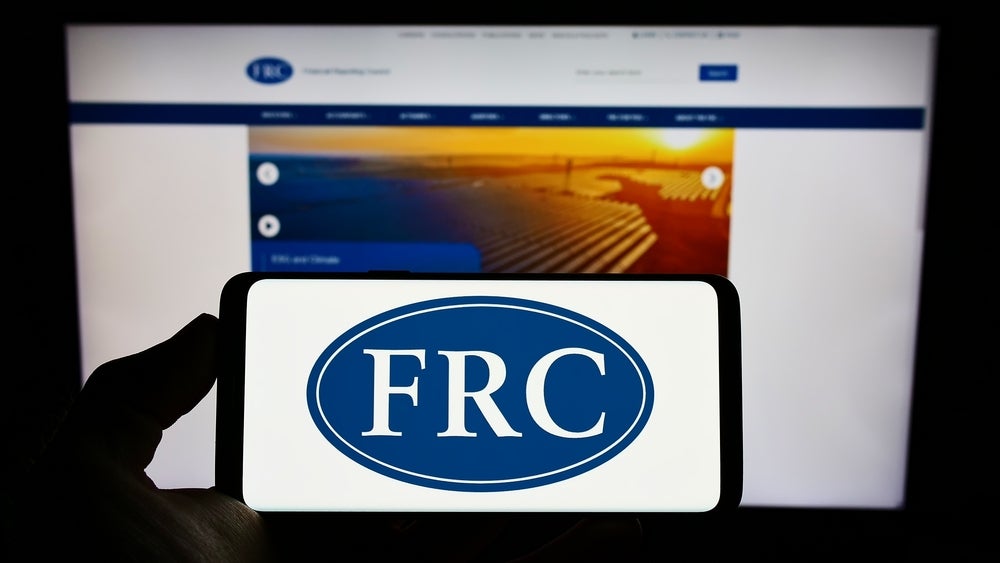The Global Reporting Initiative (GRI) has introduced disclosures that will make available information to assess companies’ exposure to water risks.
This was part of a wide ranging update to its GRI 303: Water and Effluents 2018 which has a focus on water stewardship to manage the impact companies have on the watershed in areas they operate in which suffer from water stress.
The standard has a basis in the United Nation’s Sustainable Development Goal number 6 which is to ‘ensure availability and sustainable management of water and sanitation for all’.
As well as aligning to the Sustainable Development Goals, the standards introduces disclosures which will provide investors with information to asses companies’ exposure to water risks.
The standard helps companies to understand their impacts on freshwater resources, particularly in areas where water stress is already high. It emphasises collecting information on water collection and discharge, the associated impacts and how they are addressed across the value chain.
The standard also expects companies to disclose how water is managed as a shared resource and how impacts are managed at a local level.
How well do you really know your competitors?
Access the most comprehensive Company Profiles on the market, powered by GlobalData. Save hours of research. Gain competitive edge.

Thank you!
Your download email will arrive shortly
Not ready to buy yet? Download a free sample
We are confident about the unique quality of our Company Profiles. However, we want you to make the most beneficial decision for your business, so we offer a free sample that you can download by submitting the below form
By GlobalDataThe amount of water withdrawn and consumed by an organisation and the quality of its discharges can impact the functioning of ecosystems – impacts, which can have wider social and economic consequences for local communities.
GRI chief of standards Bastian Buck said: “The lack of access to freshwater affects more than 40% of the global population. In a world where some companies’ GDPs exceed that of whole countries, the business world is expected to rise to the challenge and do its part in addressing these. The aim of the revised water standard is to help companies report what matters, and where it matters, by using credible, context-based metrics.”






